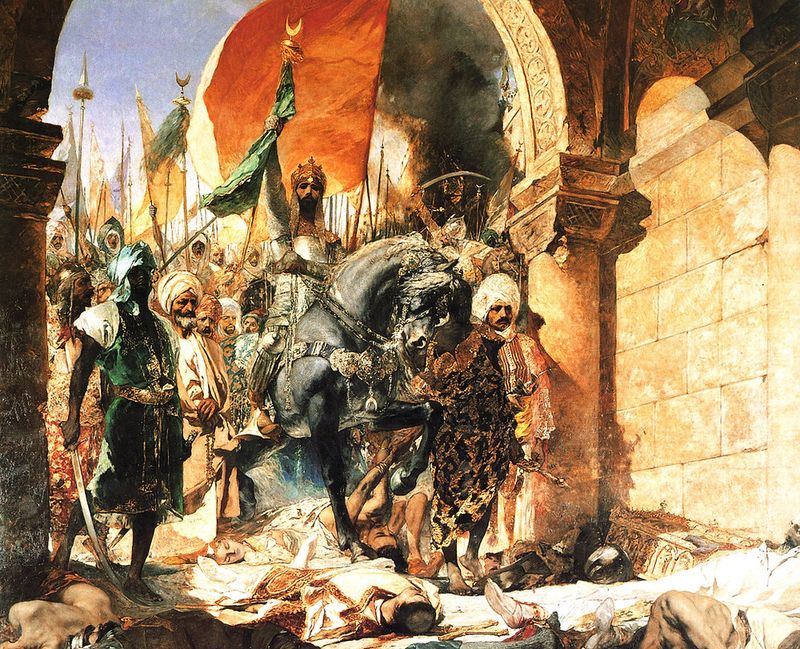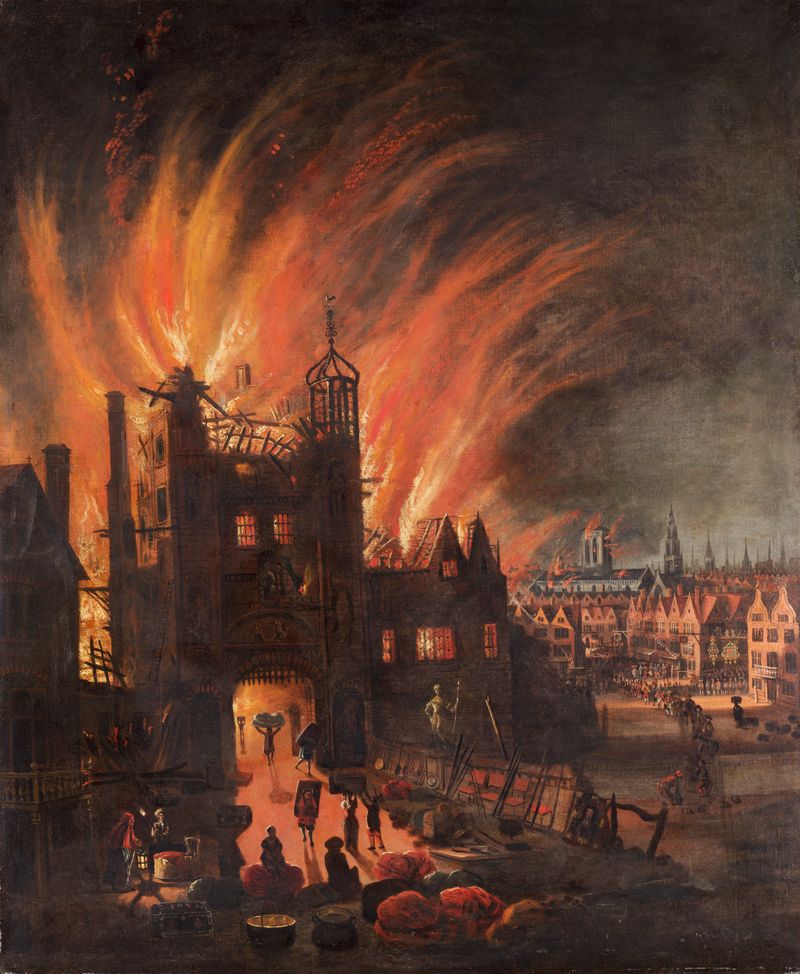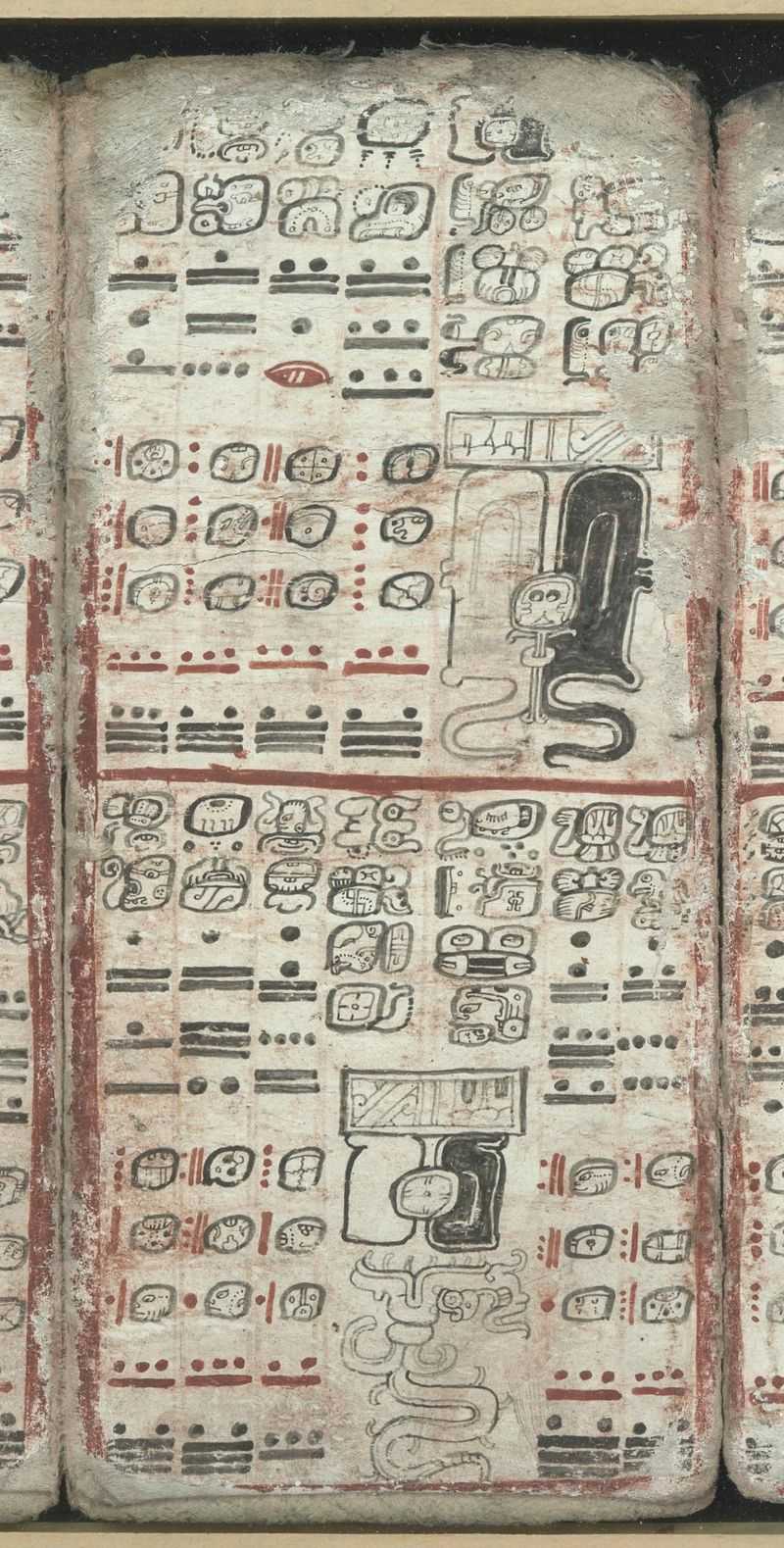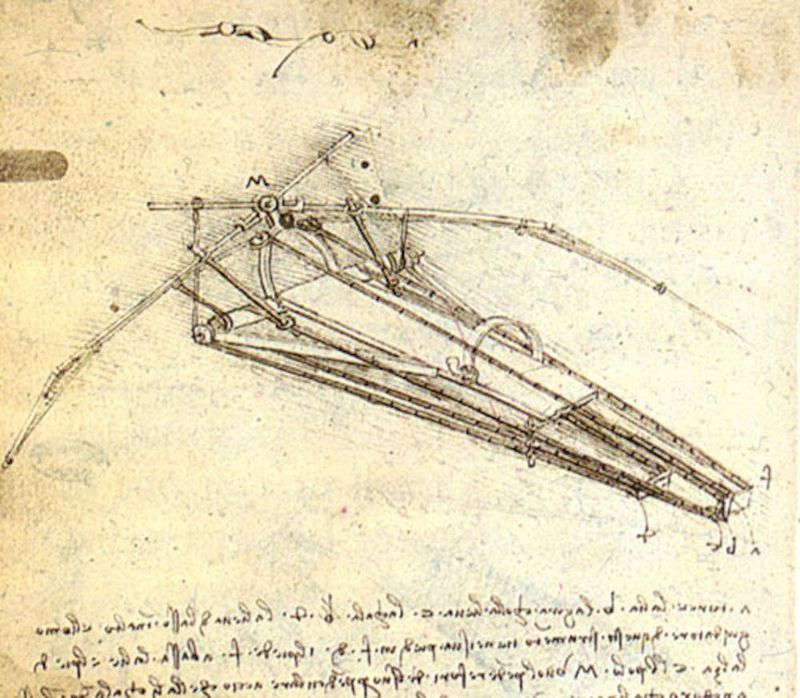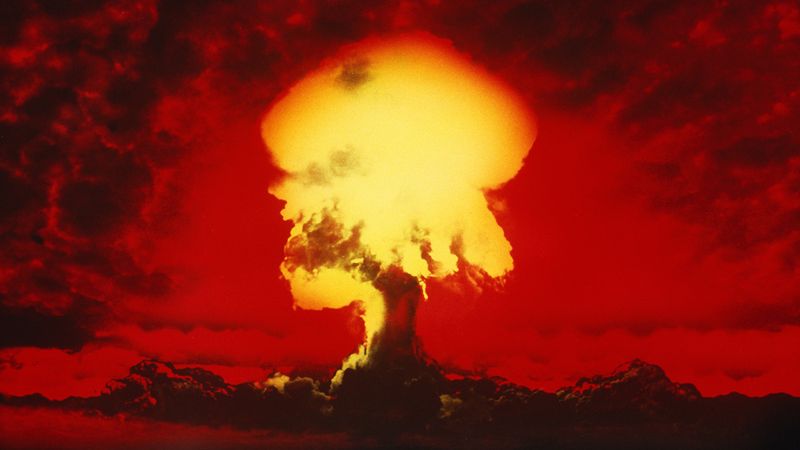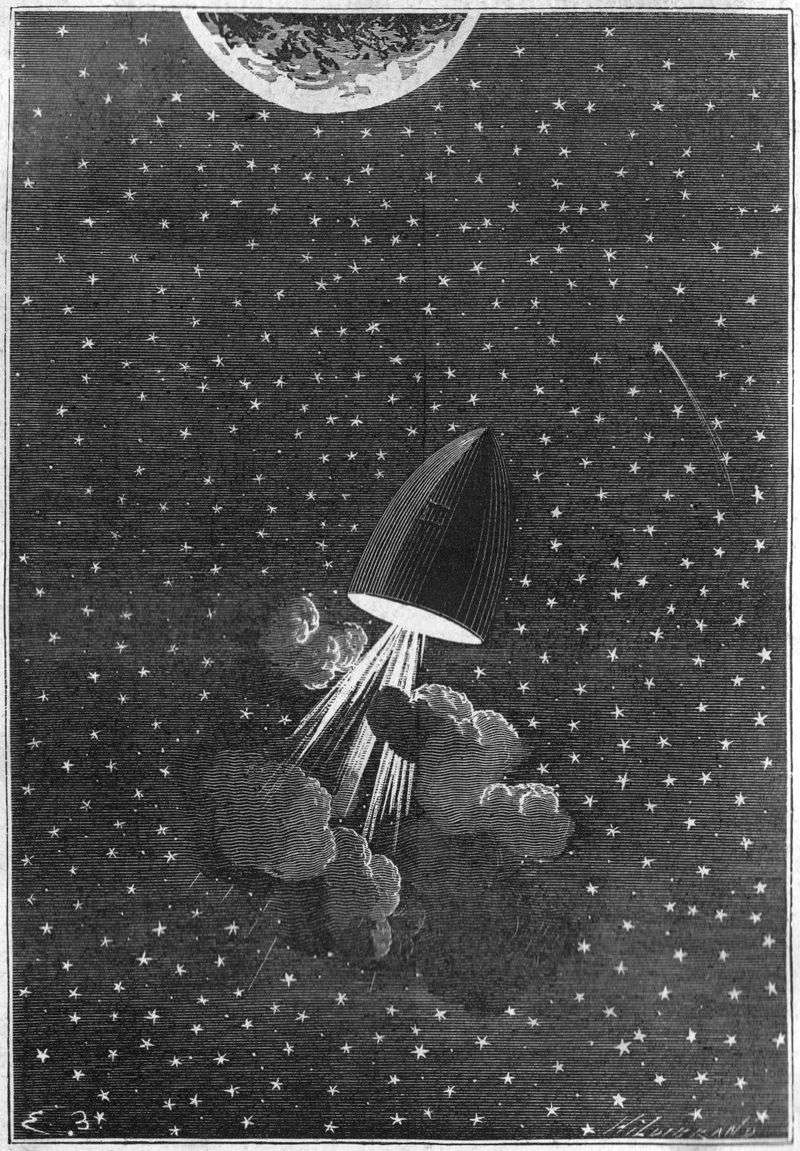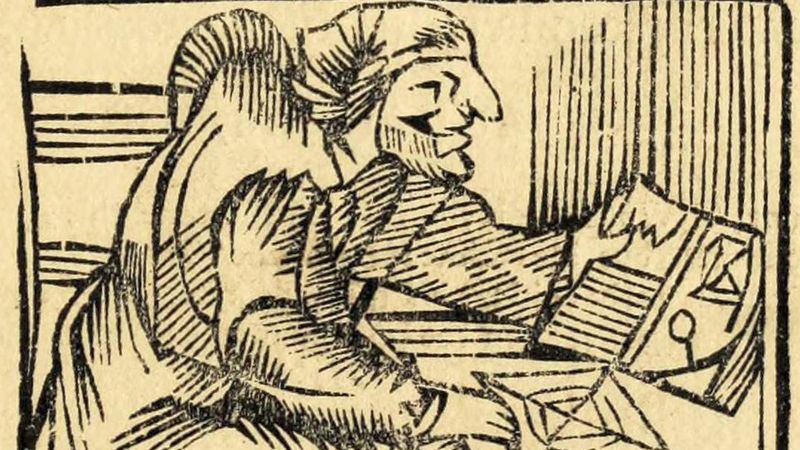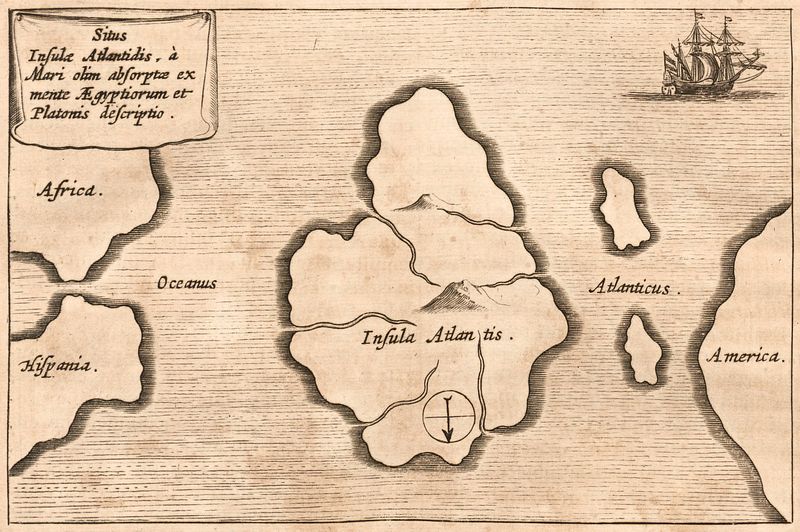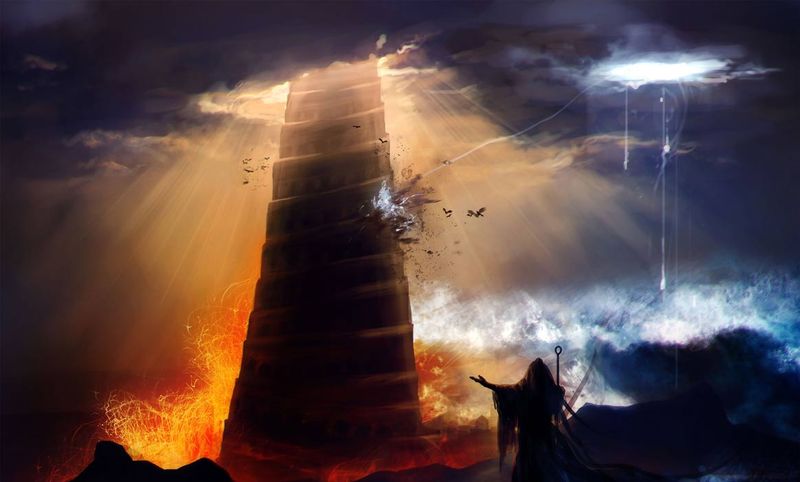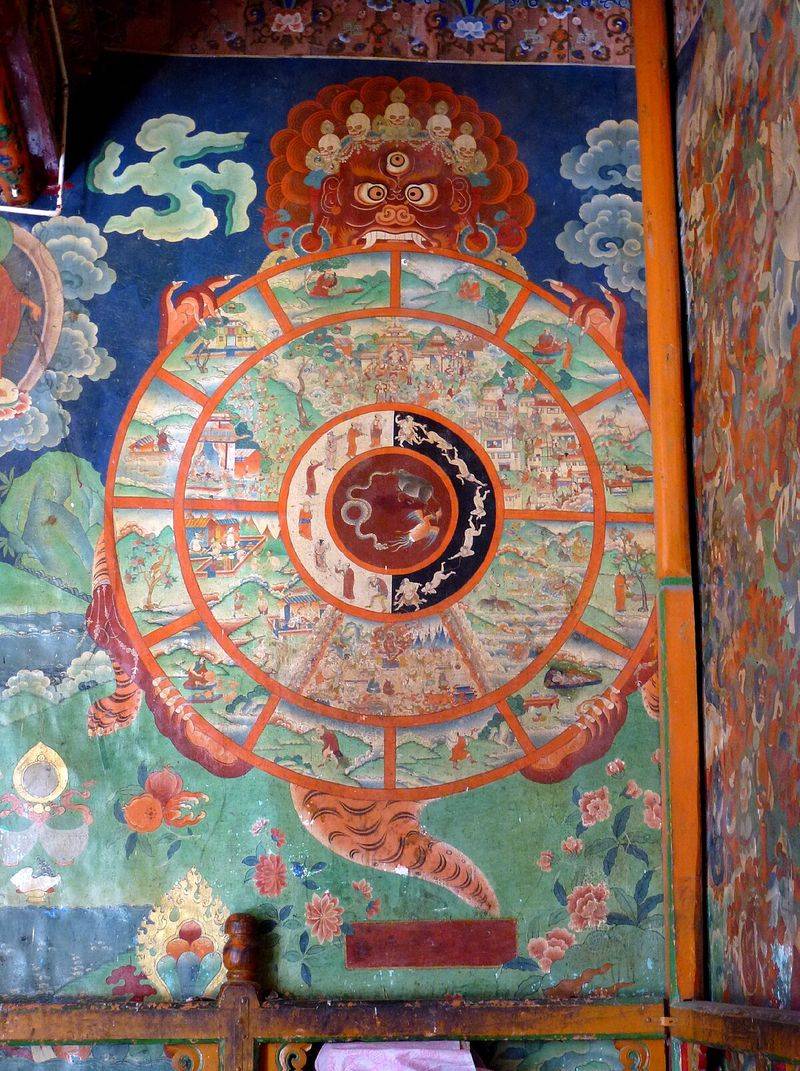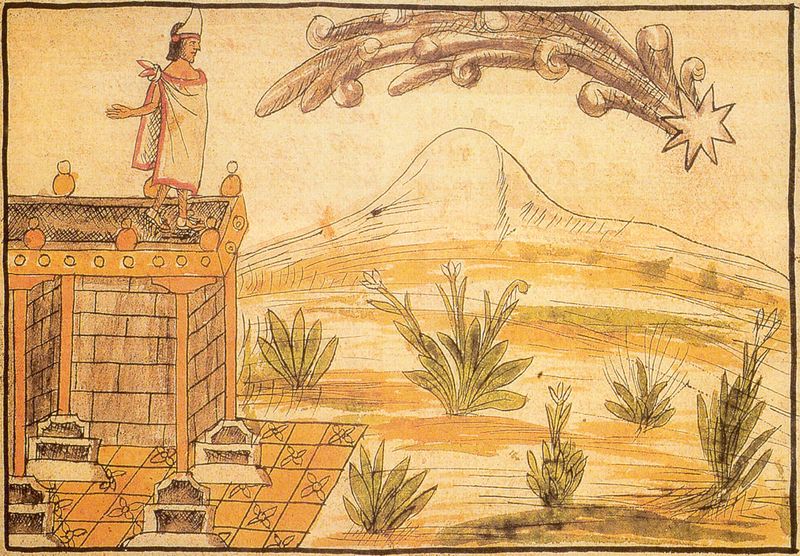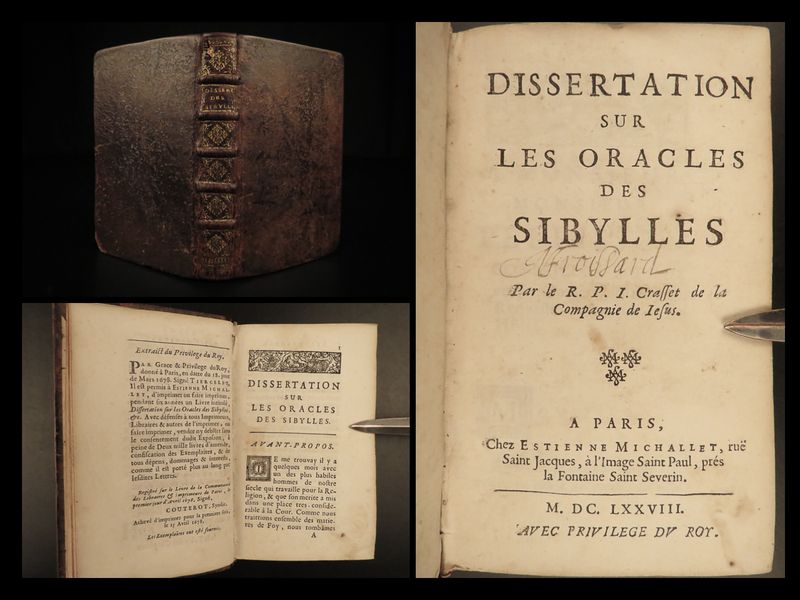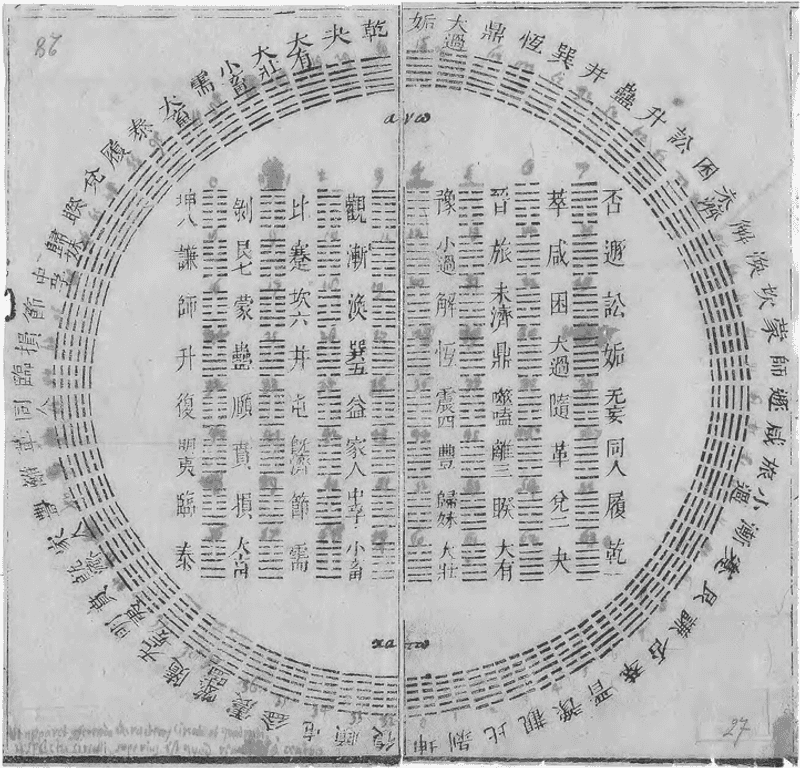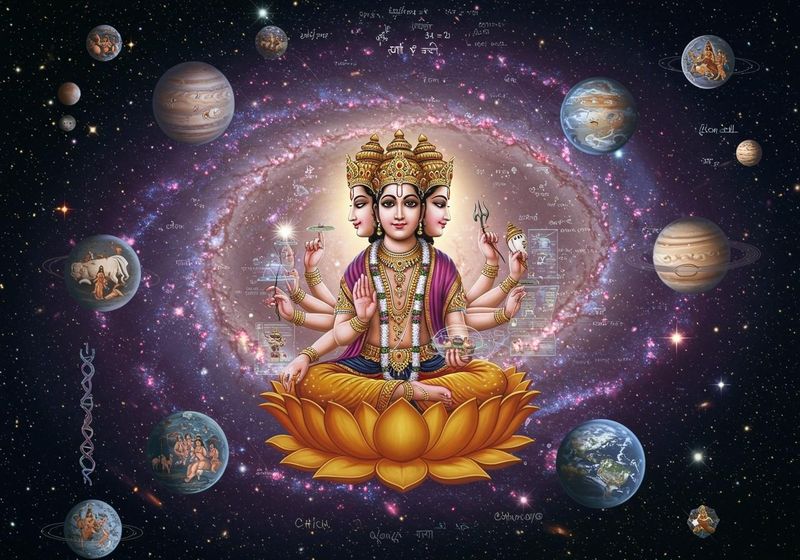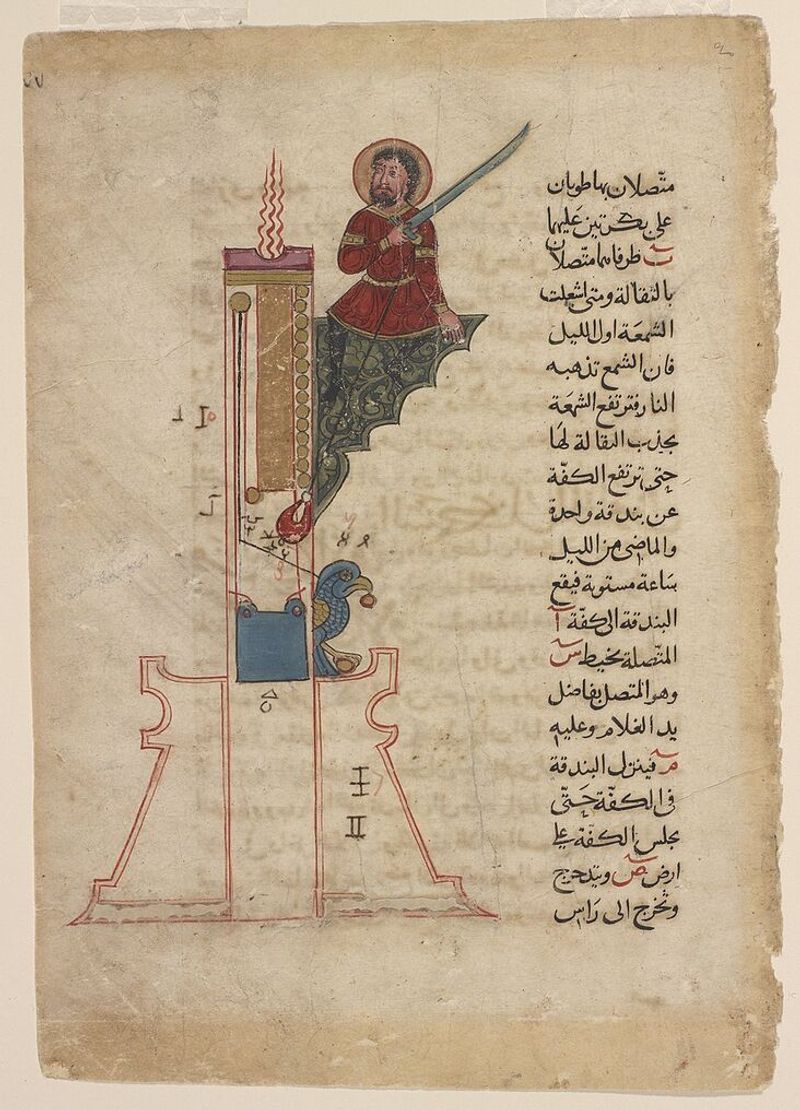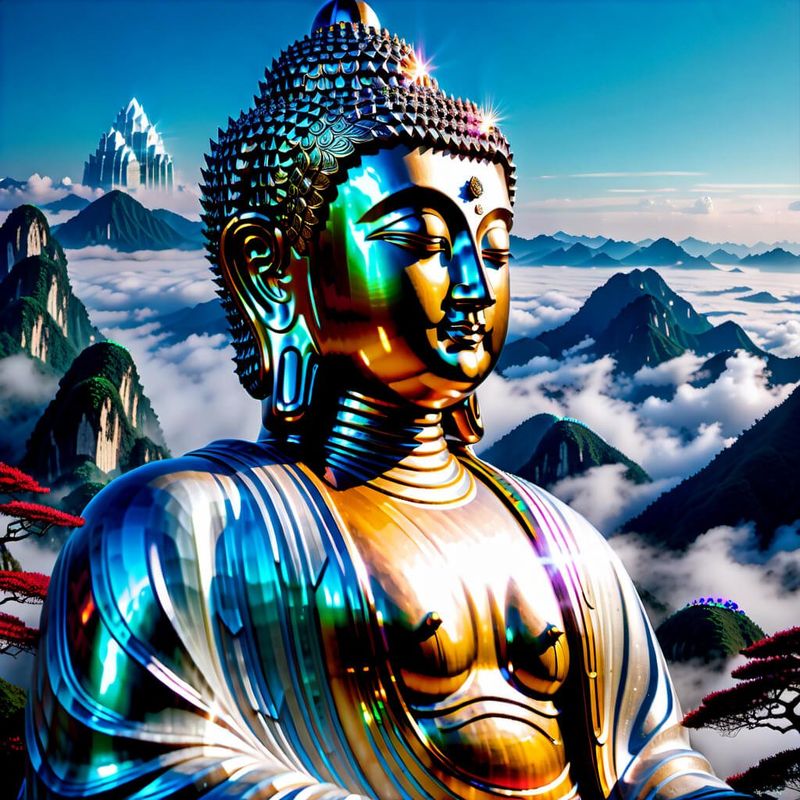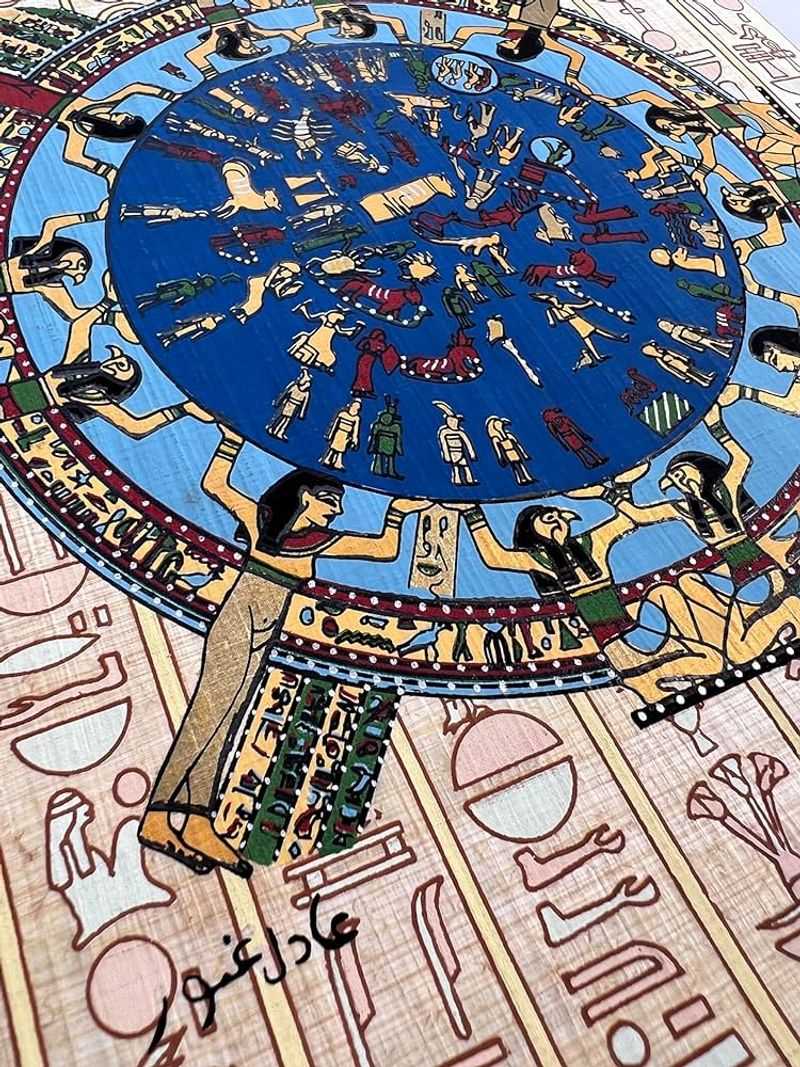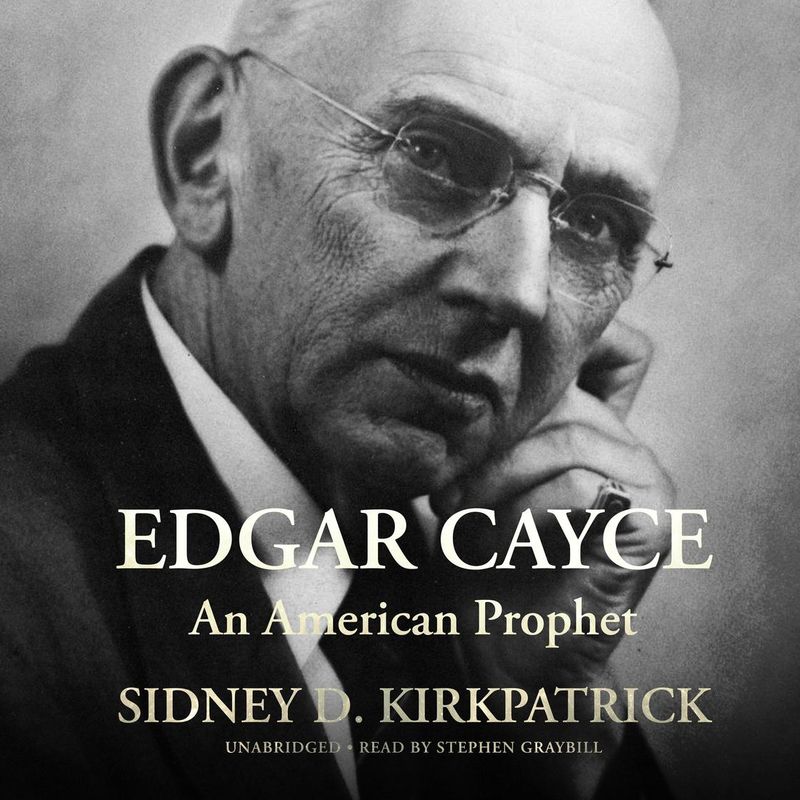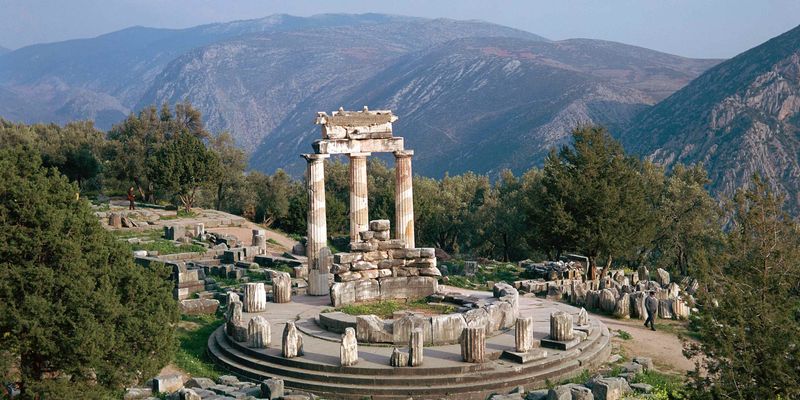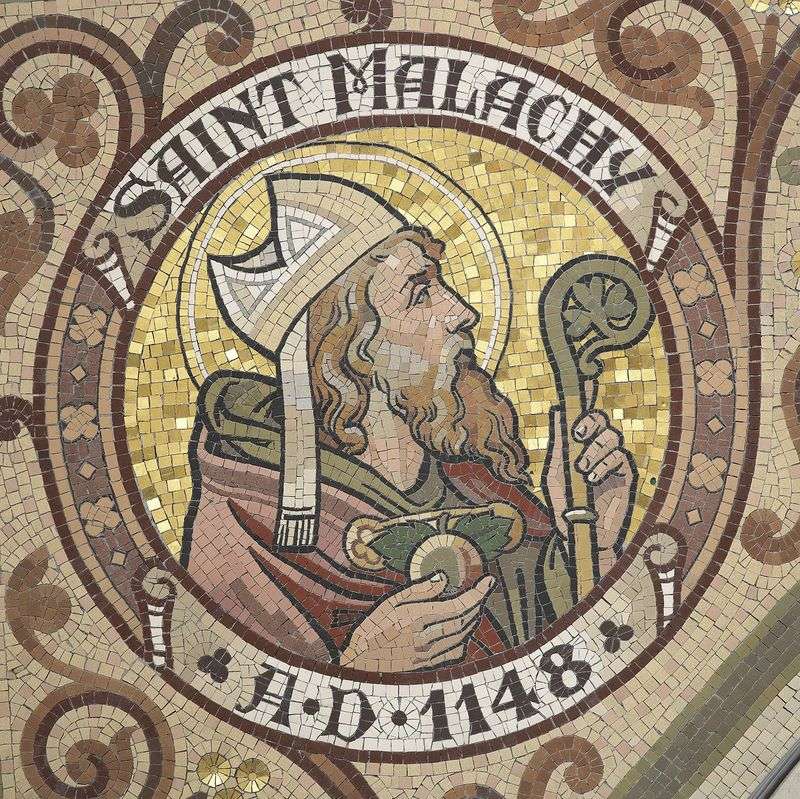Explore 23 remarkable ancient predictions that astoundingly came true, showcasing the foresight and wisdom of past civilizations.
1. The Fall of Constantinople (1453) 🕌📜
In the tapestry of history, the fall of Constantinople in 1453 stands as a pivotal event, reshaping the Byzantine Empire’s fate. Remarkably, this monumental event was foretold centuries earlier by prophets and historians. A web of mystical foresight and scholarly analysis wove together to predict the city’s collapse. The foresight of these ancient seers, in a time shrouded with uncertainty and change, remains a testament to their understanding of political tides. Historians and mystics alike foresaw the eventual siege and conquest, highlighting the city’s role as a crucial crossroads of culture and power.
2. Nostradamus and the Great Fire of London (1666) 🔥🇬🇧
Nostradamus, the enigmatic seer of the 16th century, penned cryptic verses that have fascinated generations. Among his predictions, the Great Fire of London in 1666 looms large. In his quatrains, Nostradamus described a ‘great fire’ that would ravage London, a prophecy that came true with unsettling precision. The fire’s devastation was immense, altering the city’s landscape forever. Nostradamus’s words, cloaked in mystery, sparked intrigue and debate, drawing connections across centuries. His eerie foresight continues to captivate, offering glimpses into a mind attuned to the rhythms of fate.
3. The Maya and Solar Eclipses 🌞🌘
The ancient Maya civilization, with its profound understanding of celestial movements, predicted solar eclipses with astonishing accuracy. Their sophisticated calendar system, interwoven with astronomical observations, enabled them to foresee these celestial events. The Maya’s keen insight into the cosmos was not only a scientific marvel but also an integral part of their cultural and religious life. Observatories dotted their cities, where priests meticulously recorded the heavens. The Maya’s legacy of celestial knowledge endures, illuminating a world where science and spirituality were seamlessly connected.
4. Vanga’s Prediction of 9/11 🇺🇸🏙️
Baba Vanga, the blind mystic from Bulgaria, is known for her uncanny predictions. Among them, the tragic events of September 11, 2001, stand out. Reports claim she foresaw the attacks, describing ‘American brothers’ falling under terror. Her chilling foresight has intrigued many, sparking discussions about the nature of prophecy and the limits of human understanding. Vanga’s words, spoken decades prior, resonate deeply in a world shaken by unforeseen events. Her visions, whether seen as mystical or coincidental, continue to provoke curiosity and reflection on the nature of destiny.
5. Leonardo da Vinci’s Technological Foresight ✈️🚁
Leonardo da Vinci, the quintessential Renaissance man, crafted visions of technology far ahead of his time. His notebooks teemed with sketches of inventions that mirror modern marvels like helicopters, tanks, and parachutes. Da Vinci’s genius lay in his ability to extrapolate from the known to the imagined, seamlessly blending art and science. His foresight was not merely speculative; it was visionary, laying the groundwork for future technological advancements. Da Vinci’s legacy inspires innovation, showing how curiosity and creativity can transcend the boundaries of their era.
6. H.G. Wells and the Atomic Bomb ☢️💥
H.G. Wells, the master of speculative fiction, foresaw the destructive power of atomic weapons in his 1914 novel. ‘The World Set Free’ vividly imagined a world altered by atomic power, decades before Hiroshima and Nagasaki. Wells’s narrative, rooted in scientific exploration, eerily anticipated the ethical and existential dilemmas posed by nuclear technology. This foresight was not merely storytelling; it was a profound reflection on humanity’s capacity for creation and destruction. Wells’s work continues to resonate, offering insights into the potential and peril of scientific advancement.
7. Jules Verne and Moon Landings 🌕🚀
Jules Verne, the father of science fiction, wrote with foresight that transcended his era. In ‘From the Earth to the Moon,’ he envisioned lunar travel with remarkable detail. Verne’s imagination soared beyond the constraints of his time, capturing the spirit of exploration that would characterize the 20th century. His depiction of space travel prefigured the Apollo missions, igniting dreams of reaching beyond our world. Verne’s work, filled with curiosity and wonder, inspired generations to look to the stars, turning fiction into a roadmap for future explorers.
8. Mother Shipton’s Prophecies (16th Century) 🧙♀️🌍
Mother Shipton, a legendary English prophetess, foretold inventions and events with uncanny accuracy. Her prophecies, spoken in rhyme, described submarines, aircraft, and the rise of modern technology. Shipton’s visions, emerging from the mists of legend, captured the imagination of her era and beyond. Her words painted a future filled with marvels and challenges, reflecting the transformative power of innovation. While some view her prophecies skeptically, they continue to fascinate, offering glimpses into a world where the line between myth and reality blurs.
9. The Hopi Prophecy of World Wars 🌎⚔️
Hopi Native Americans, with their profound spiritual traditions, foresaw global conflicts that would shape the 20th century. Their prophecies, passed down through generations, spoke of ‘gourds of ashes’ and global strife, phrases interpreted as references to nuclear warfare and world wars. The Hopi’s visions, rooted in a deep connection to the earth and cosmos, reflect a worldview where spiritual insight informs understanding of human history. These predictions continue to resonate, reminding us of the enduring wisdom found in indigenous cultures and their perspectives on humanity’s path.
10. Ancient Greek Prediction of America 🇺🇸⚓
In the annals of philosophical speculation, the Greek philosopher Plato wrote about Atlantis, a legendary land that some believe resembles America. His dialogues describe a vast land across the Atlantic, sparking speculation about ancient knowledge of the New World. While Atlantis remains a myth, Plato’s narrative invites curiosity about the boundaries of ancient geographic understanding. His words echo through time, touching on themes of exploration and the limits of human knowledge. The allure of Atlantis, whether real or imagined, continues to captivate those who ponder the mysteries of the past.
11. Biblical Prediction of Babylon’s Destruction 🏛️📖
Biblical scriptures, revered for their spiritual and historical depth, foretold the fall of Babylon with precise detail. Prophets like Isaiah and Jeremiah spoke of Babylon’s destruction, a prophecy fulfilled when the city fell in 539 BC. Their words, charged with divine insight, captured the rise and fall of empires as part of a larger spiritual narrative. The accuracy of these predictions continues to inspire awe, reflecting the intertwined nature of faith, history, and destiny. This prophetic tradition shapes our understanding of ancient perspectives on the impermanence of power.
12. Tibetan Buddhist Predictions of World Wars 🏔️⚔️
Tibetan Buddhist prophecies, steeped in spiritual wisdom, predicted global conflicts long before the world wars unfolded. Monks, through meditation and spiritual insight, envisioned times of great turmoil affecting the world. These prophecies reflect a worldview deeply connected to the cycles of karma and dharma, where spiritual and worldly events are intertwined. Tibetan Buddhism’s foresight adds a layer of mystical understanding to historical events, highlighting the interconnectedness of human actions and cosmic balance. This spiritual perspective offers a unique lens through which to view our shared history.
13. Aztec Predictions of Spanish Arrival 🛡️🌎
The Aztec civilization, with its rich cultural and spiritual heritage, foresaw the arrival of foreign conquerors. Priests and seers, through rituals and visions, predicted the coming of the Spanish, a prophecy fulfilled in the 16th century. This foresight, emerging from a deep connection to their deities and the natural world, reflected the Aztecs’ understanding of cyclical time and destiny. Spanish arrival marked a profound change, reshaping the Americas’ cultural landscape. The Aztecs’ predictions remain a poignant reminder of the complexities of cultural encounters and the flow of history.
14. Sibylline Books and Rome’s Fate 📚🏛️
The Sibylline Books, sacred texts in ancient Rome, held prophecies that foretold the city’s fate with astonishing accuracy. These enigmatic collections, consulted by Roman leaders during times of crisis, predicted events that shaped the empire’s destiny. The sibyls, with their cryptic verses, provided guidance and insight, blending divine inspiration with worldly affairs. The accuracy of these prophecies underscores the enduring human fascination with fate and foresight. As Rome rose and fell, the Sibylline Books remained a touchstone for those seeking wisdom and understanding in turbulent times.
15. Native American Prophecy of Environmental Destruction 🌳🔥
Indigenous prophecies across North America have long foretold the environmental crises facing the modern world. Native American elders, through oral traditions and spiritual visions, warned of the consequences of disrupting the earth’s balance. These prophecies, deeply rooted in respect for nature, highlighted the interconnectedness of all life. As ecological challenges mount, these ancient warnings resonate with renewed urgency. The foresight of indigenous cultures offers valuable insights into sustainable living and the importance of harmony between humanity and the natural world.
16. Chinese I Ching Predictions 📖🇨🇳
The I Ching, an ancient Chinese divination text, has been used for centuries to predict historical and political events. Scholars and sages, through its hexagrams, have sought guidance on matters of state and society. The I Ching’s wisdom lies in its reflection of the natural world’s cycles and the flow of time. Its predictions, interwoven with philosophy and spirituality, offer insights into the dynamics of change. As a timeless guide, the I Ching continues to inspire those seeking to understand life’s complexities, balancing tradition with the unfolding of history.
17. Hindu Puranas and Modern Science 🌌📖
The Hindu Puranas, ancient texts rich in mythology and cosmology, contain descriptions that align with modern scientific discoveries. These texts, composed millennia ago, describe the universe’s origins and structure in ways that echo contemporary astronomical understanding. Sages, through meditation and insight, captured the cosmos’s essence, blending spiritual vision with empirical observation. The Puranas’ foresight reflects a worldview where science and spirituality coexist, offering perspectives that transcend time. Their narratives continue to inspire those exploring the intersections of faith, philosophy, and science.
18. Islamic Predictions of Technological Advances 🕌📡
Islamic scholars, during the Golden Age of Islam, foresaw technological advancements that have transformed the modern world. Their writings, rich in scientific inquiry and philosophical insight, anticipated developments in communication, transportation, and more. These scholars, blending faith with reason, laid the groundwork for a future where knowledge transcends boundaries. Their foresight, reflected in the advancements that shape contemporary life, underscores the enduring legacy of Islamic civilization. As technology continues to evolve, these predictions highlight the timeless pursuit of understanding and innovation.
19. Buddhist Predictions of Globalization 🌐☸️
Buddhist scriptures, with their profound spiritual insights, predicted the rise of globalization and interconnectedness. Monks, through meditation and reflection, envisioned a world where borders dissolve and cultures converge. These predictions, rooted in the principles of interdependence and compassion, offer a spiritual framework for understanding the complexities of global integration. Buddhism’s foresight speaks to the transformative power of connectivity and the potential for harmony amidst diversity. As globalization reshapes societies, these ancient teachings provide guidance on navigating a world that is increasingly interconnected.
20. Ancient Egyptian Calendar Accuracy 📅🇪🇬
The ancient Egyptians, with their sophisticated understanding of astronomy, devised calendars that precisely aligned with celestial events. Their solar calendar, remarkably accurate for its time, was based on the cycles of the sun and stars. This precision facilitated agricultural planning and religious observances, underscoring the Egyptians’ deep connection to the cosmos. Their foresight in calendar-making reflects a civilization attuned to the rhythms of nature and the heavens. The legacy of their astronomical insights endures, offering a glimpse into a society where science and spirituality were intricately linked.
21. Edgar Cayce’s Predictions of Health Advances 🧬🔮
Edgar Cayce, the American mystic known for his trance readings, predicted numerous health advances that have since materialized. His visions, often conducted while in a state of altered consciousness, foresaw breakthroughs in medicine and healing techniques. Cayce’s predictions, blending intuition with esoteric knowledge, provided glimpses into a future where science and spirituality intersect. His work continues to inspire those seeking holistic approaches to health and wellness. As medical science advances, Cayce’s foresight highlights the ongoing exploration of the human body’s mysteries and potentials.
22. Oracle of Delphi and Greek History 🏛️🔮
The Oracle of Delphi, a revered figure in ancient Greece, provided prophecies that shaped Greek history. Pythia, the priestess, delivered oracles that guided leaders and influenced political decisions. Her cryptic pronouncements, believed to be divinely inspired, offered insights into the fate of individuals and nations. The Oracle’s influence, woven into the fabric of Greek society, underscores the enduring human quest for understanding and guidance. As an intermediary between the divine and the mortal, Pythia’s role as the Oracle of Delphi remains a symbol of ancient wisdom and foresight.
23. Saint Malachy’s Papal Prophecies ✝️🇻🇦
Saint Malachy, a 12th-century Irish saint, is credited with prophecies that allegedly predict the identities of future popes. His ‘Prophecy of the Popes’ consists of cryptic phrases correlating with each pontiff from his time to the present. Scholars and believers interpret these phrases as uniquely fitting each pope’s characteristics or reign. While the prophecies’ authenticity remains debated, they continue to intrigue those fascinated by the interplay of history and spirituality. Malachy’s legacy, whether seen as mystical insight or historical curiosity, invites reflection on the mysteries of divine providence.

